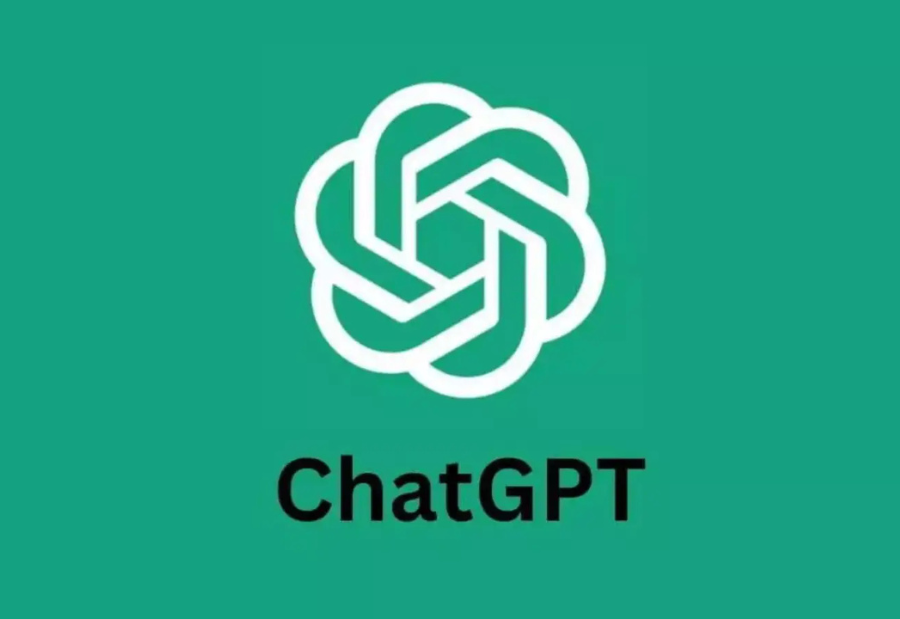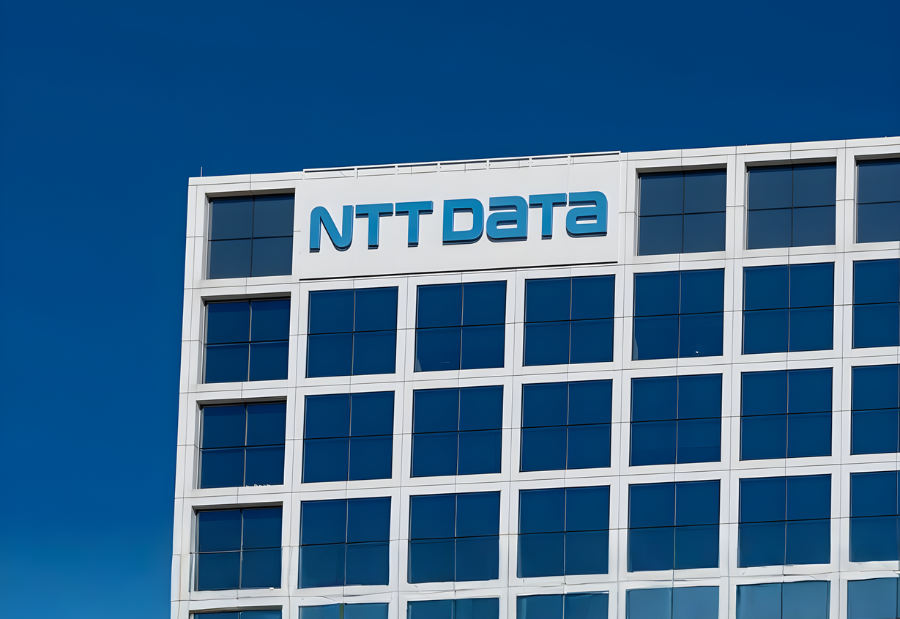OpenAI has wrapped up the third edition of its DevDay developer conference, unveiling several major updates and new tools designed to expand the capabilities of ChatGPT and empower developers. Unlike last year, this year’s event brought a mix of fresh launches and meaningful upgrades, signalling OpenAI’s vision of transforming ChatGPT into a complete AI-powered operating system.
Among the key announcements were the introduction of apps within ChatGPT, a new developer toolkit called AgentKit, the wider release of Codex, and two new cost-effective real-time voice models.
Apps in ChatGPT
OpenAI has taken integration to the next level by allowing users to access and use third-party apps directly within ChatGPT. These apps can appear as recommendations during searches or be called by name. Users can interact with them using text or voice prompts and even access “interactive interfaces you can use right in the chat.”
Developers can build their own apps through the new Apps SDK, which is currently in preview. The feature will soon be available to users on Free, Go, Plus, and Pro plans, except in the European Union. Some of the first available apps include Booking.com, Canva, Coursera, Figma, Expedia, Spotify, and Zillow. For example, users can type, “Spotify, make a playlist for my party this Friday,” and the chatbot will open the Spotify app right inside the chat.
AgentKit for Developers
OpenAI also launched AgentKit, a powerful toolkit that allows developers to “build, deploy and optimise agents.” These AI agents can perform actions, launch applications, and respond intelligently to user input. Before AgentKit, developers had to rely on multiple disconnected tools and manual processes. The new suite includes features like datasets, trace grading, automated prompt optimisation, and support for third-party models to measure and improve performance.
Codex Open to Everyone
OpenAI announced that Codex, its AI tool designed for software engineering tasks, is now available to all users. Codex can answer questions about codebases, fix bugs, and suggest pull requests, all within a secure cloud-based sandbox. The platform now also supports Slack integration and includes admin dashboards for monitoring and analytics.
New and Affordable Voice Models
Two new voice models, GPT-5 pro and gpt-realtime-mini, were introduced. GPT-5 pro delivers higher accuracy and deeper reasoning, while gpt-realtime-mini offers a budget-friendly option with fast performance. GPT-5 pro features a 400,000 context window and supports 272,000 output tokens, while gpt-realtime-mini includes a 32,000 context window and 4,096 output tokens.
Also read: Viksit Workforce for a Viksit Bharat
Do Follow: The Mainstream formerly known as CIO News LinkedIn Account | The Mainstream formerly known as CIO News Facebook | The Mainstream formerly known as CIO News Youtube | The Mainstream formerly known as CIO News Twitter |The Mainstream formerly known as CIO News Whatsapp Channel | The Mainstream formerly known as CIO News Instagram
About us:
The Mainstream formerly known as CIO News is a premier platform dedicated to delivering latest news, updates, and insights from the tech industry. With its strong foundation of intellectual property and thought leadership, the platform is well-positioned to stay ahead of the curve and lead conversations about how technology shapes our world. From its early days as CIO News to its rebranding as The Mainstream on November 28, 2024, it has been expanding its global reach, targeting key markets in the Middle East & Africa, ASEAN, the USA, and the UK. The Mainstream is a vision to put technology at the center of every conversation, inspiring professionals and organizations to embrace the future of tech.




